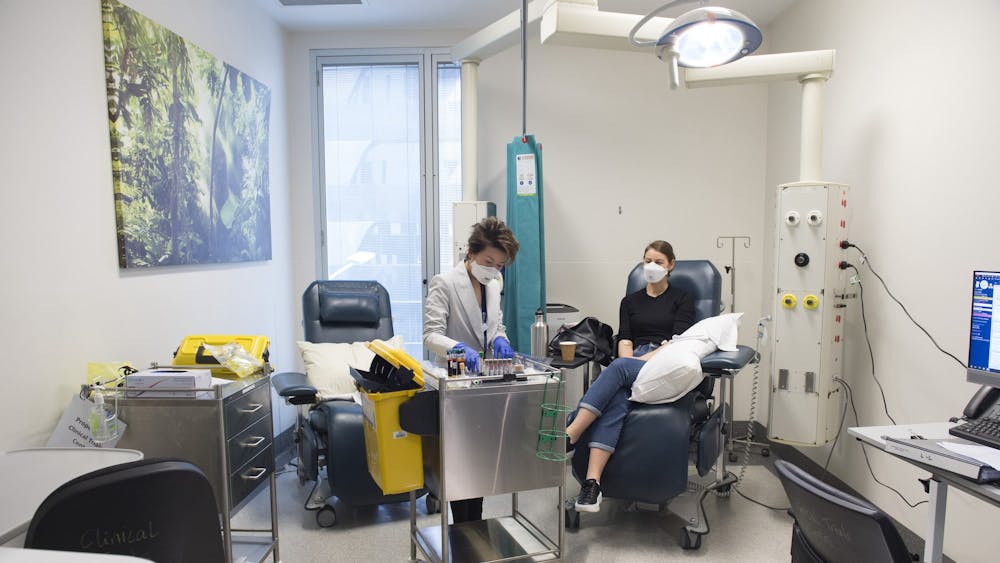A study to assess the safety and efficacy of ASN-002 combined with a hedgehog pathway inhibitor (vismodegib) in the treatment of multiple low-risk basal cell carcinomas in sporadic or basal cell naevus syndrome patients.
About this study
Basal cell carcinomas (BCCs) are the most common skin cancer affecting Australians. Traditional first-line treatment for BCCs involves surgical excision but this can be quite invasive and suboptimal for certain tumours and patients, particularly when multiple tumours are present.
ASN-002 is a medication that contains interferon. Interferons are a group of signalling proteins made and released by host cells in response to the presence of several viruses. Intratumoural injections of interferons have been shown to be an effective treatment for non-melanoma skin cancers.
Anticipate enrolment close date: Ongoing
Contact the Dermatology Research Team for more information.
Who can take part
Inclusion criteria
- 18 years of age or older
- Minimum of two BCCs
- Previously untreated
- Maximum of 10 BCCs
Exclusion criteria
- Tumours of the following locations may not be study tumours - scalp, lips, breasts, back of hand
- Known or suspected malignancy
- Clinically active or uncontrolled skin disease (for example, eczema, unstable psoriasis) or tattoos that would interfere with evaluation of the area surrounding the target tumour
What's involved
- 28-day treatment with oral vismodegib (two cycles)
- Weekly ASN-002 intratumoural injections for 3 weeks (two cycles)
- Two cycles over 20 weeks, which includes photography, blood samples, vital signs

Ethics
All research in Australia involving human participants is reviewed by an independent group called a Human Research Ethics Committee (HREC). The ethical aspects of this research study have been approved by the Royal Melbourne Hospital HREC.
This study is being carried out according to the National Statement on Ethical Conduct in Human Research (2007). This statement protects the interests of people who agree to participate in human research studies.

We need clinical trials to prove that new treatments are safe and effective for people to use. They are essential to the discovery of new medications and devices, neither of which can be approved for use in Australia without clinical trials.

